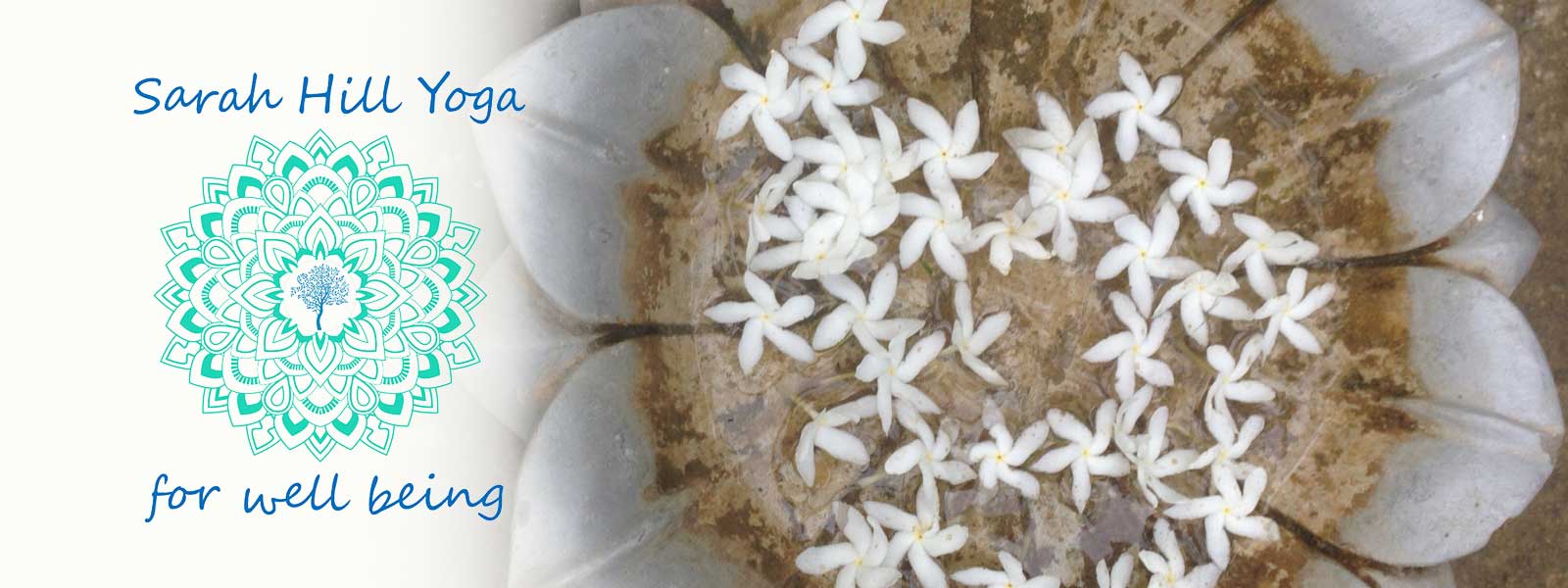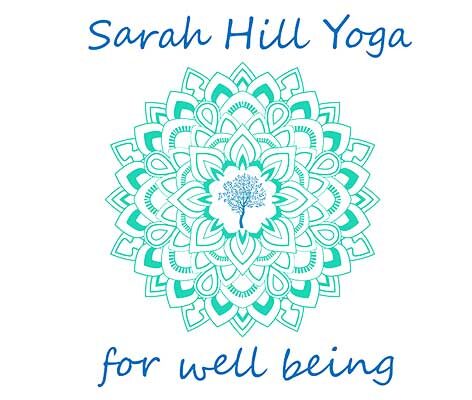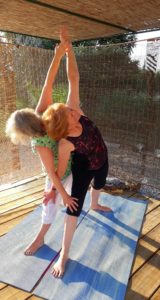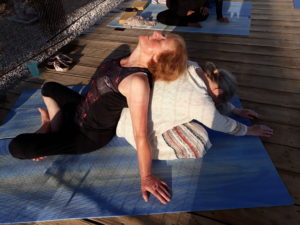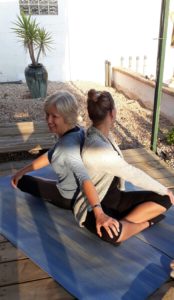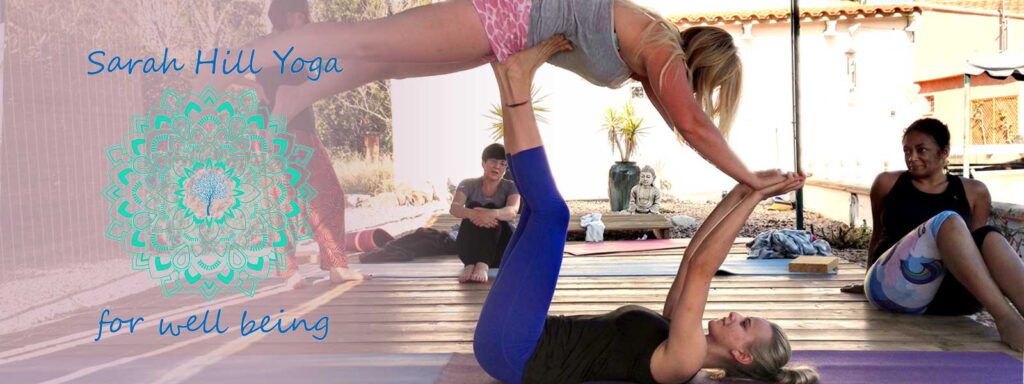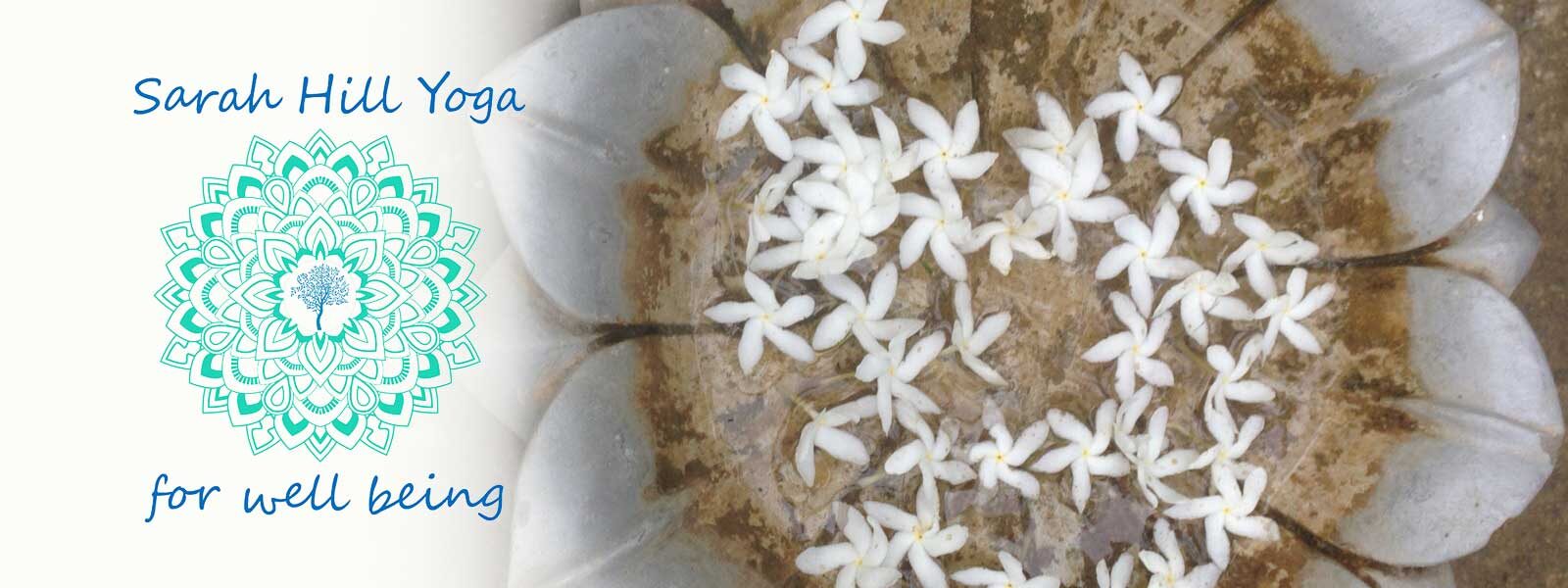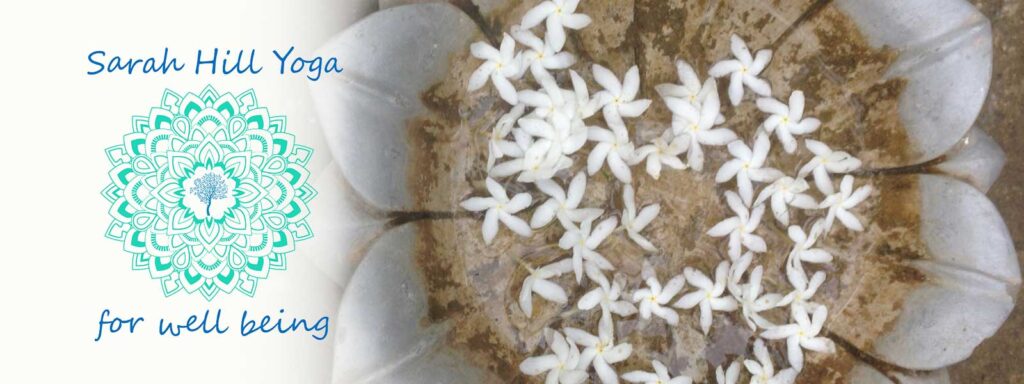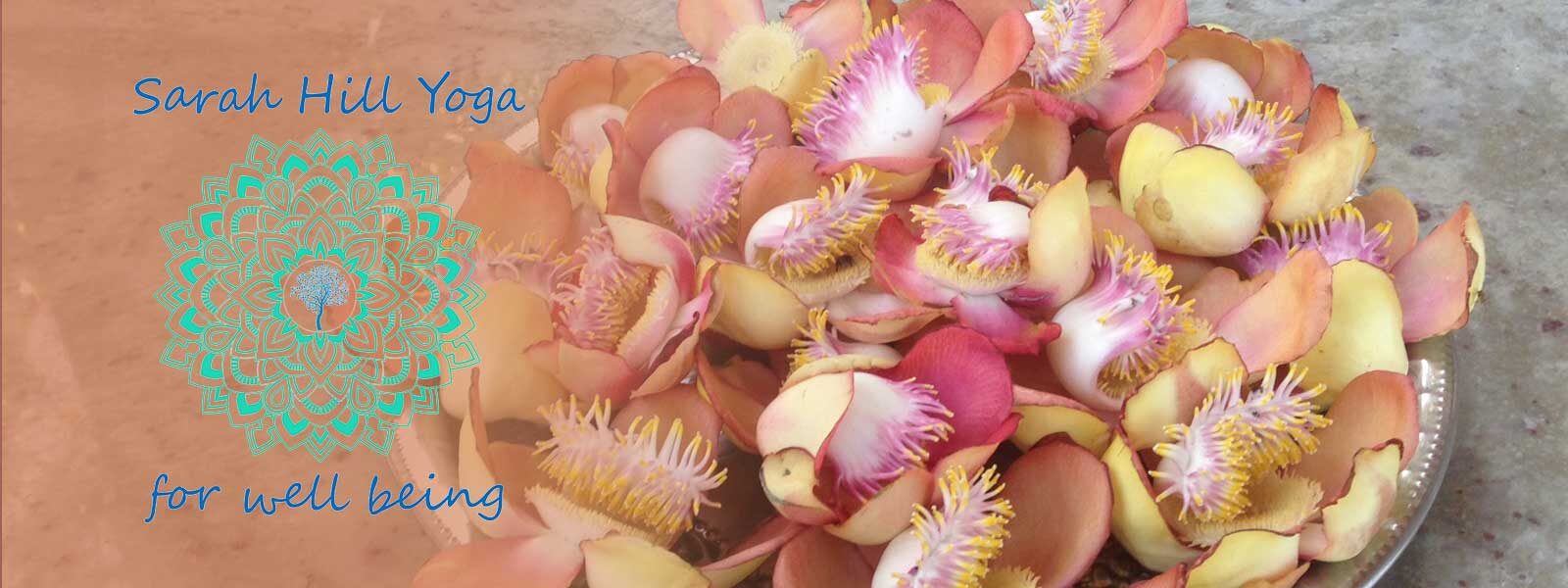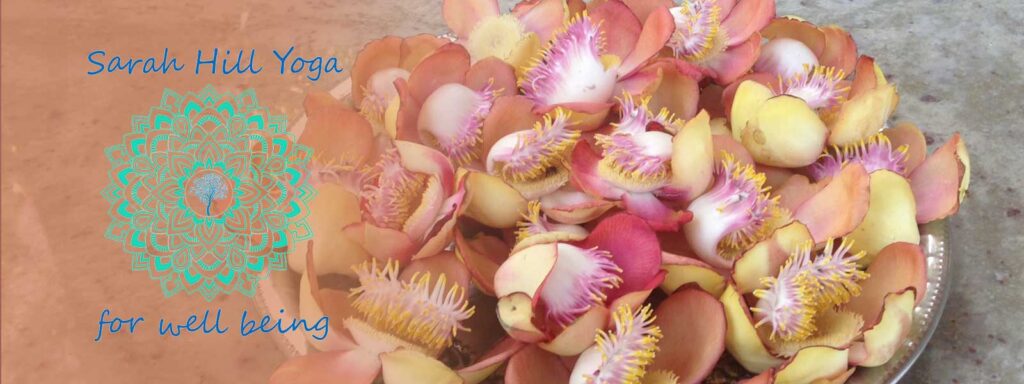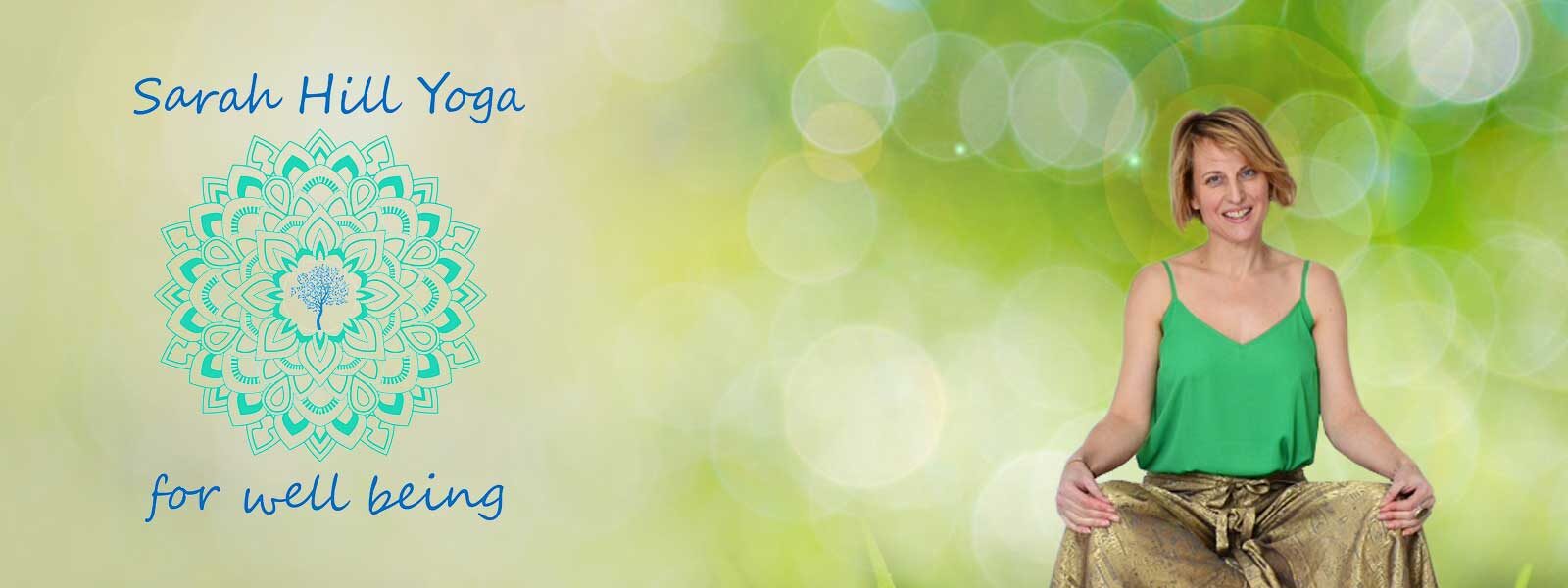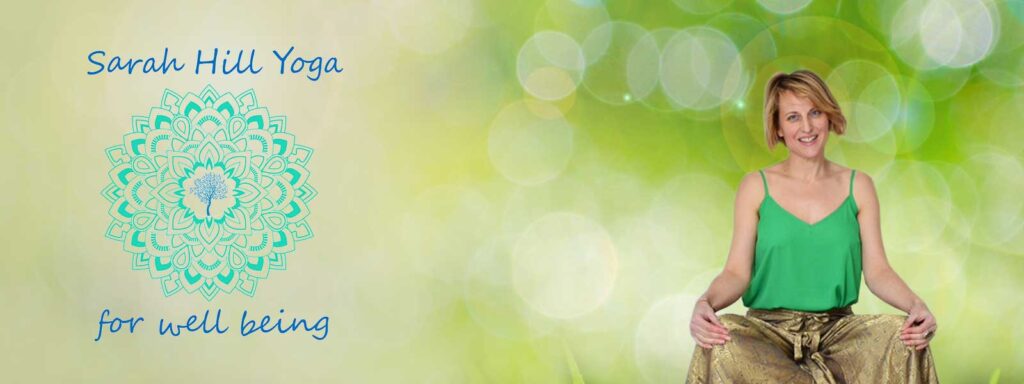Yoga Retreat for Wellness
If you have never been on a yoga retreat you might be put of thinking you have to be a certain size or flexibility. Wrong I teach yoga for the person where they are at.
I have been a qualified yoga teacher for ten years and started because I had a bad back after years of cutting hair, my posture was bad.
I use yoga and well-being techniques to support clients to feel better. As human beings we all go on different journeys with our bodies, we need different support at different times in our life.
Yoga for times of change
Being perimenopause myself I wanted to do practices that support women going through this landscape. It’s important in this challenging time we allow time for ourselves. I run wellness retreats to improve wellbeing and allow time to escape the hustle and bustle of everyday life. You will be able to do practices that nourish your well-being.
- Breathing techniques to lower stress levels. Which in turn reduces anxiety and removes negative thoughts from the mind, creating a peaceful state of mind.
- Ayurveda self-care practices to cleanse mind and boost the immune system and strengthen emotional resilience.
- Yoga Nidra is a special kind of yoga that helps you rest and restore through what’s called `yogic sleep`. It’s a deep relaxation done with lots of pillows and support no physical movement. When doing this practice, the brain activity reduces and the body goes into a healing state. Therefore, it is said that one hour of yoga nidra can be the same benefit as a four-hour sleep.
- Restorative yoga which deeply relaxes the body and stills the mind. Releases muscular tension, improving mobility and flexibility. Helps soothes the nervous system and is gentle on the body.
- Delicious fresh meals cooked each day by our chef.
- Being in beautiful Spain with walks in the national park
- Massage, facials and various treatments available
Restorative Times are needed.
Restorative yoga is a practice that allows the nervous system to shift from what is known as “fight or flight” – Sympathetic nervous system into relaxation mode – Parasympathetic nervous system. The postures are longer held, anything from 5 – 20 mins, to enable the body to rest and release tension. Restorative yoga has a calming effect of the body, contributes to lower blood pressure, stress, and anxiety levels. The practice increases your sense of well-being. Props are used to help the body truly relax; bolsters, blankets, pillows blocks.

